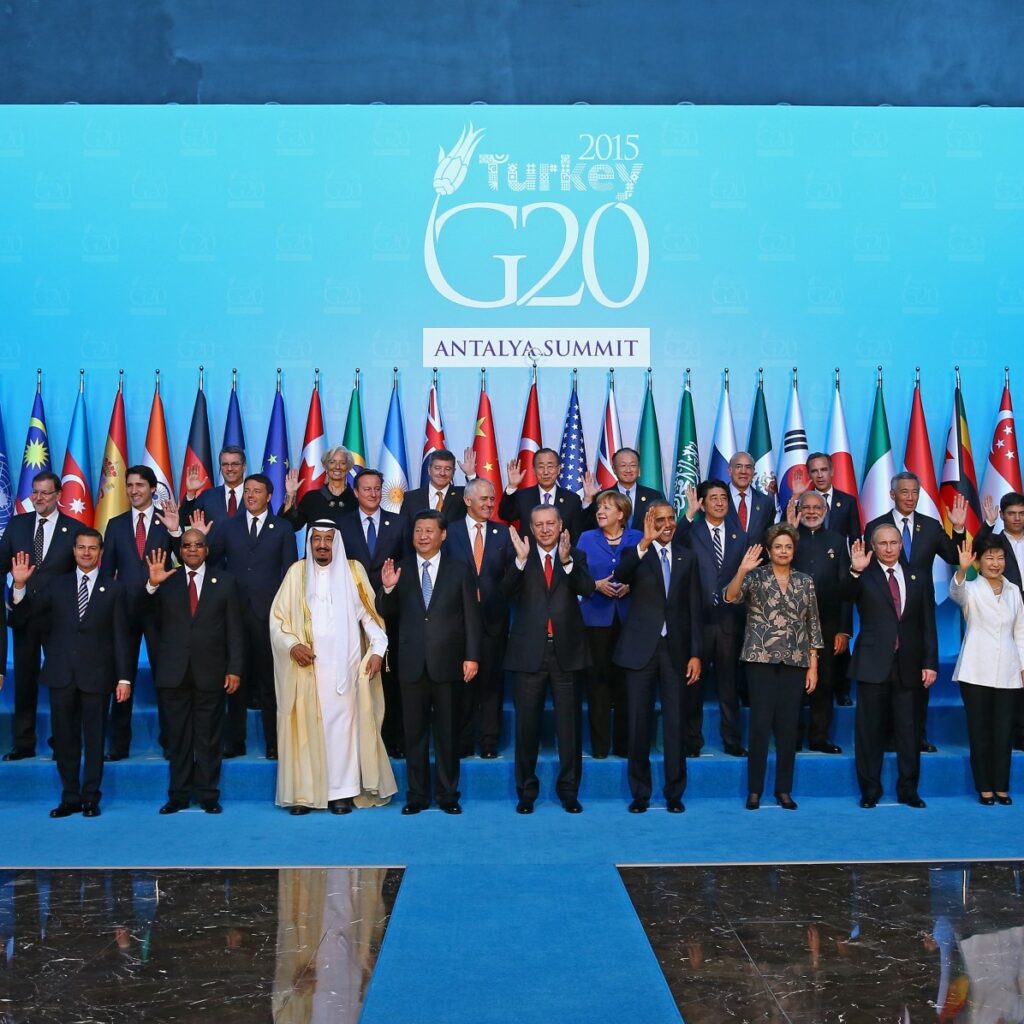Amnesty International is calling on world leaders to deliver on previous climate finance pledges they have so far failed to honour when the latest G20 meeting convenes.
Agnès Callamard is Amnesty International’s Secretary General.
“The G20 is happening while the world teeters on a knife-edge. The climate crisis is inflicting immense harm on people while at the same time many climate-vulnerable states face a debt crisis. The human rights of billions of people are threatened. The cost of inaction will be catastrophic,” he said.
“Soaring prices of staple foods, economic shocks, and the climate crisis pose unparalleled challenges that many countries are ill-equipped to face, including those that did little to create these global threats. The number of low income countries in debt distress has risen since the Covid-19 pandemic to 42, hampering their ability to safeguard people’s rights, especially because many face recurrent climate shocks.
“It is vital that the G20 acknowledges the magnitude and urgency of these crises and acts swiftly to stop the climate and debt disasters escalating.”
Unmanageable debt
The numbers of people in extreme poverty, living on less than US$2.15 a day, rose in 2021 for the first time since before the G20 began meeting in 1999. Low-income countries are spending more on servicing debt as a proportion of their entire national income than at any point in at least the last 30 years. The target of eradicating extreme poverty by 2030, one of the UN’s 17 Sustainable Development Goals agreed to in 2015, will almost certainly be missed.
Climate harms
Amnesty International is calling on the G20 to support drastic action to avert compounding climate disasters, notably by agreeing to the rapid phasing out of all fossil fuels. Average global temperatures are rising fast and without ambitious action now, are set to far exceed the 1.5˚C increase over pre-industrial levels that the Intergovernmental Panel on Climate Change has indicated is crucial to protect humanity from the most devastating impacts of climate change.
“Rapidly phasing out all fossil fuels must be the global priority to avoid a climate catastrophe and further human rights abuses,” Mr Callamard said.
“The world is heading towards a climate disaster and the distress signals are obvious. People are suffering as ecosystems and biodiversity are being destroyed.”
This year severe drought has gripped the Horn of Africa, much of Asia has endured record temperatures, enormous wildfires have raged across swathes of North America and Europe, July was the hottest month ever recorded globally, ocean temperatures are at unprecedented highs, the polar ice caps are disappearing, and record rainfall has caused deadly flooding in Europe and China.
India, the host nation for the meeting, has identified the climate crisis as the G20’s most pressing priority. According to Amnesty, India should seize the opportunity to play a leading role in a just global energy transition while addressing its own track record in terms of reliance on fossil fuels. The country has endured searing heatwaves, droughts and floods, as well as health-threatening air pollution in various parts of the country in recent months and years, caused by burning fossil fuels.
The 18th Heads of State and Government Summit of the Group of 20 will take place on 9-10 September in New Delhi. It involves 19 countries and the European Union, including most of the world’s largest economies and major sovereign creditors, as well as countries with key roles and influence over major multilateral financial organisations.











